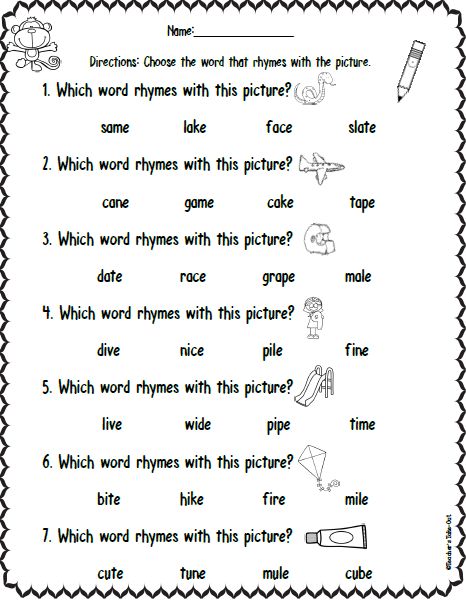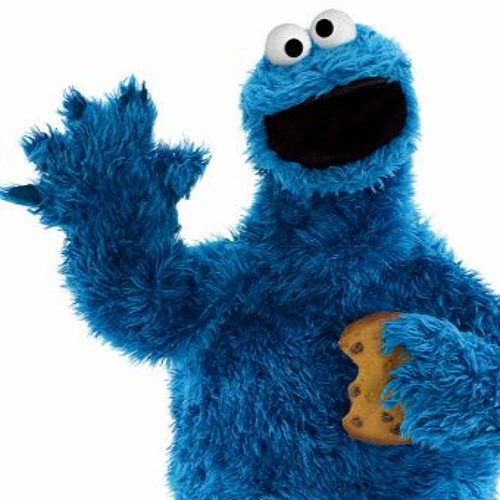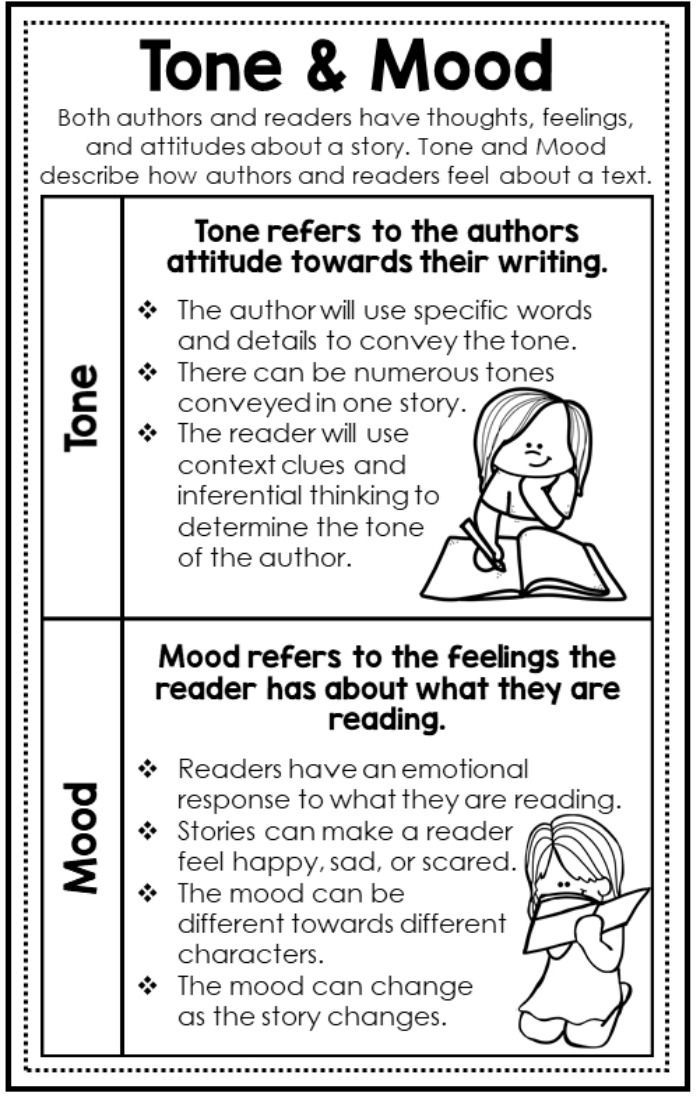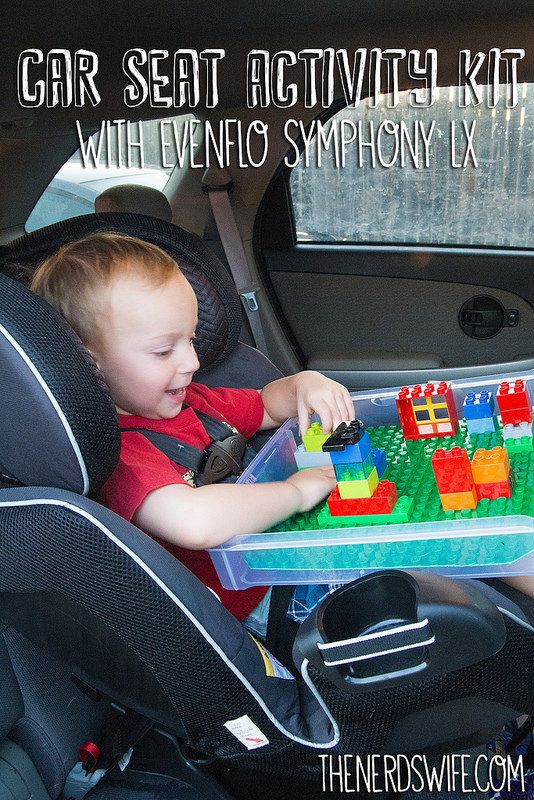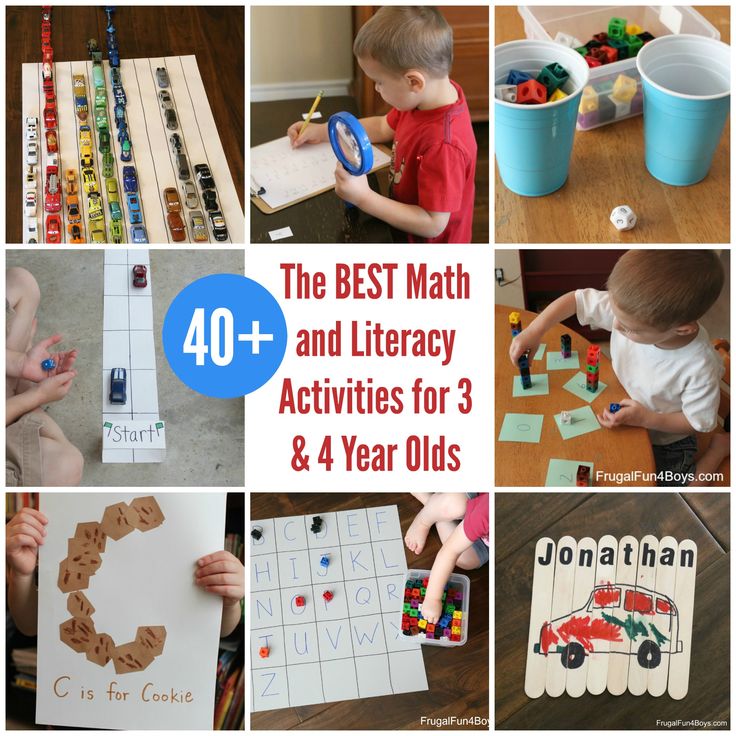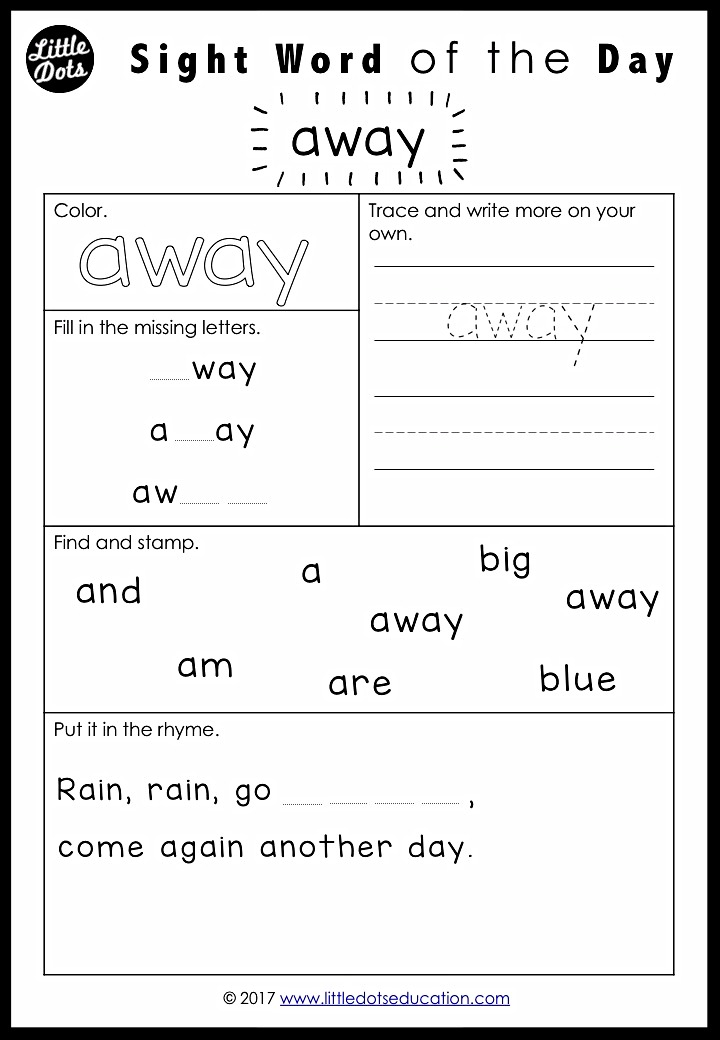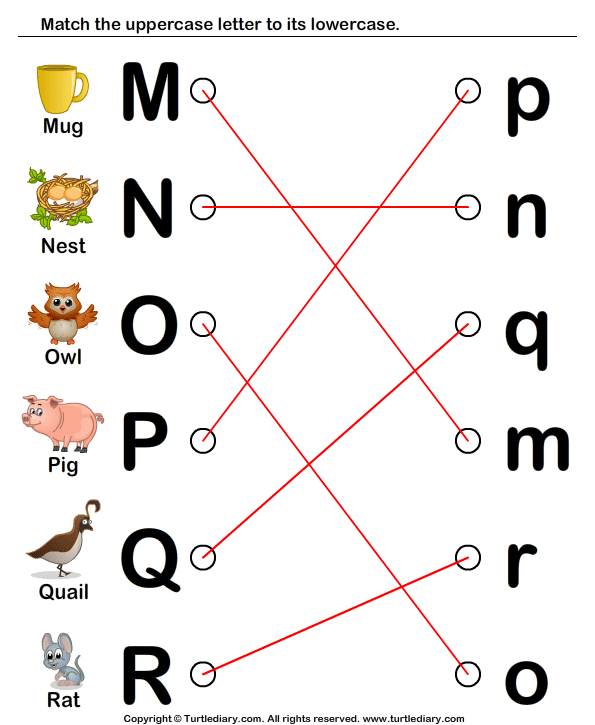List of rhyming words for children
Rhyming Words for Kids (Complete List)
Many of us have fond memories of learning nursery rhymes and rhyming stories when we were children.
These tales are important because they expose children to rhyme, which is essential for language development. Children who have strong early language abilities, including listening and speaking, are shown to develop more robust reading and writing skills.
Helping your child recognize and use rhyme will help them first with their verbal language and then with their literacy. Introducing rhyming words for kids is an excellent way to do that.
Table of Contents
- How Do You Teach Rhyming Words To Children?
- Rhyming Words For Kindergarten
- Rhyming Words For First Grade And Older
- Any Time Can Be Rhyme Time
How Do You Teach Rhyming Words To Children?
Children learn about rhyme in three stages, although there is much overlap as they move from one step to another.
Rhyme Exposure
This is when your child hears rhyming words. This can be in songs while reading rhyming together, or elsewhere. At this stage, you should point out rhyming words to your child.
Rhyme Recognition
Once your child hears a rhyme and points it out, they have reached the stage of rhyme recognition.
Rhyme Production
Finally, your child will be able to produce rhyme themselves. They may take great pride in asking you questions, such as, “Do you know what rhymes with door? More!”
While this may seem like a small thing to you, to them it’s big. Make sure to show them that you’re impressed with their newly-found knowledge.
Ways To Teach Rhyming Words
Make learning to rhyme fun by using some of these methods.
Share Rhyme In Books, Poems, And Songs
Reading rhyming books and poems and singing together will expose your child to rhymes in a fun, relaxing way. Read the complete story or sing the entire song first and then go back and point out the rhymes.
Then, when your child is aware of the concept of rhyming, ask them to point out the pairs of rhyming words they hear or read.
Once your child is familiar with rhymes, read or sing, but don’t say the second rhyming word. Instead, ask your child to provide a suitable rhyme.
Puzzles
Rhyme word puzzles are a fun way for your child to practice pairing up rhyming words.
Clip Cards
Not all rhyming words have the same spelling at the end. To prevent your child from becoming confused by the spelling, use peg cards where your child picks the correct rhyme according to the picture.
Lap Books
Create nursery rhyme lap-books with your child. First, print out the standard nursery rhyme and then have your child replace the original word with another of their own that rhymes.
Rhyming Dictionaries
Help your child find suitable rhyming words with a rhyming dictionary.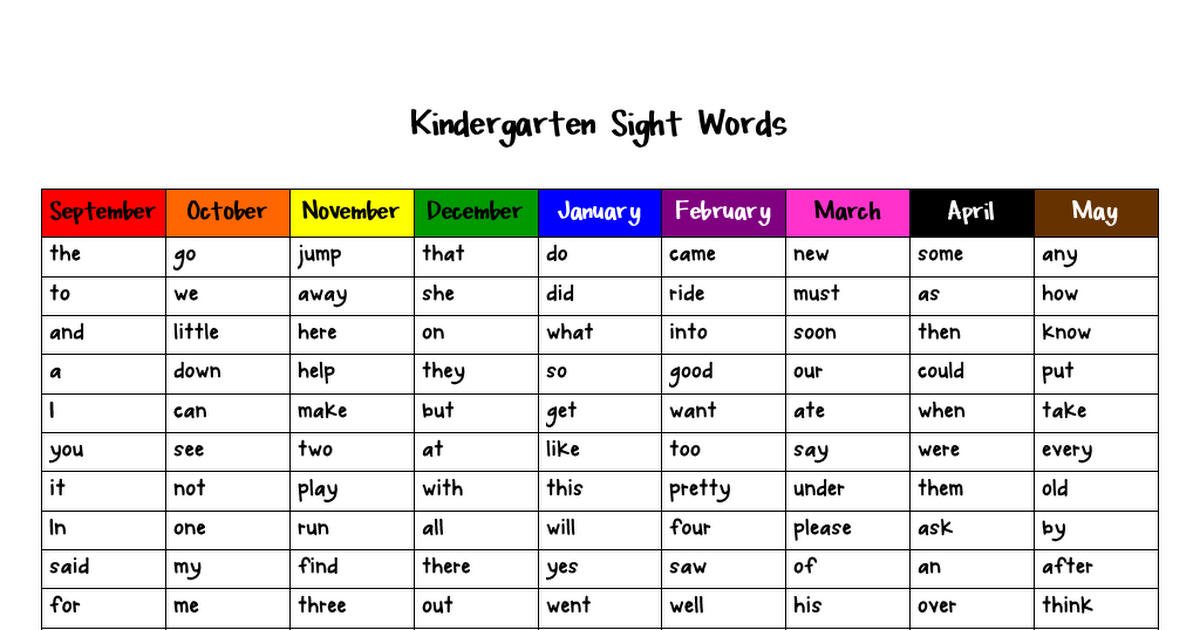 These can be immensely helpful no matter what age you are, especially if you are a teacher, writer, or write lyrics for songs.
These can be immensely helpful no matter what age you are, especially if you are a teacher, writer, or write lyrics for songs.
Rhyming Words For Kindergarten
These are great options for those who are younger than kindergarten or those who are still working on completing that first year in school. These are simple words that won’t be too challenging for this age.
Words That Rhyme With At
- Bat
- Cat
- Fat
- Hat
- Mat
- Pat
- Rat
- Sat
- Vat
- Slat
- Brat
- Flat
- Chat
- Splat
- That
Words That Rhyme With An
- Ban
- Can
- Fan
- Man
- Pan
- Ran
- Tan
- Van
- Flan
- Plan
- Span
- Scan
Words That Rhyme With Ab
- Cab
- Dab
- Drab
- Fab
- Flab
- Grab
- Jab
- Nab
- Lab
- Slab
- Tab
- Crab
Words That Rhyme With Ad
- Add
- Bad
- Clad
- Dad
- Fad
- Had
- Lad
- Mad
- Pad
- Rad
- Sad
Words That Rhyme With All
- Ball
- Call
- Fall
- Hall
- Mall
- Shawl
- Tall
- Wall
- Thrall
- Gall
Words That Rhyme With Ag
- Bag
- Flag
- Drag
- Gag
- Hag
- Nag
- Rag
- Sag
- Tag
- Wag
Words That Rhyme With Ip
- Ship
- Chip
- Clip
- Dip
- Drip
- Flip
- Grip
- Hip
- Kip
- Lip
- Nip
- Pip
- Rip
- Sip
- Slip
- Skip
- Snip
- Tip
- Trip
- Zip
Words That Rhyme With Ap
- App
- Cap
- Clap
- Flap
- Gap
- Lap
- Map
- Nap
- Rap
- Scrap
- Slap
- Snap
- Strap
- Snap
- Tap
- Trap
Words That Rhyme With Id
- Bid
- Did
- Hid
- Kid
- Lid
- Mid
- Rid
- Sid
- Grid
- Slid
- Skid
- Squid
Words That Rhyme With Op
- Bop
- Cop
- Crop
- Clop
- Drop
- Flop
- Hop
- Mop
- Plop
- Prop
- Shop
- Stop
- Swap
- Top
Words That Rhyme With Am
- Clam
- Cram
- Dam
- Gram
- Ham
- Jam
- Lamb
- Ram
- Slam
- Spam
- Tram
Words That Rhyme With Ig
- Big
- Dig
- Fig
- Gig
- Pig
- Rig
- Twig
- Swig
- Wig
- Brig
Words That Rhyme With Ar
- Are
- Bar
- Car
- Far
- Jar
- Scar
- Star
- Tar
- Ajar
- Guitar
Words That Rhyme With Aw
- Awe
- Caw
- Claw
- Draw
- Flaw
- Paw
- Raw
- Saw
- Straw
- Thaw
Words That Rhyme With Ay
- Bay
- Clay
- Day
- Gray
- Hay
- Jay
- Lay
- May
- Pay
- Play
- Pray
- Say
- Stay
- Spray
- Sway
- They
- Way
- Tray
Words That Rhyme With Ell
- Bell
- Cell
- Dell
- Fell
- Gel
- Sell
- Shell
- Smell
- Spell
- Tell
- Well
- Yell
Words That Rhyme With En
- Den
- Men
- Pen
- Ten
- Then
- When
- Wren
- Zen
- Ben
- Ken
Words That Rhyme With Et
- Bet
- Get
- Jet
- Let
- Met
- Net
- Pet
- Set
- Wet
- Yet
Words That Rhyme With Ew
- Blue
- Blew
- Brew
- Chew
- Clue
- Crew
- Cue
- Do
- Dew
- Drew
- Ewe
- Flew
- Glue
- Grew
- Knew
- New
- Phew
- Shoe
- Shoo
- Stew
- Through
- Threw
- True
- Two
- View
- You
- Who
- Zoo
Words That Rhyme With In
- Bin
- Chin
- Din
- Fin
- Grin
- Inn
- Pin
- Shin
- Skin
- Spin
- Twin
- Thin
- Tin
- Win
Words That Rhyme With It
- Bit
- Fit
- Hit
- Kit
- Knit
- Lit
- Mit
- Nit
- Pit
- Sit
- Quit
- Skit
- Slit
- Spit
Words That Rhyme With Od
- Cod
- Bod
- Odd
- Nod
- Plod
- Prod
- Rod
- Squad
- Trod
- Pod
Words That Rhyme With Og
- Bog
- Blog
- Cog
- Clog
- Dog
- Fog
- Frog
- Hog
- Jog
- Log
Words That Rhyme With Op
- Top
- Chop
- Cop
- Crop
- Drop
- Flop
- Hop
- Mop
- Pop
- Shop
- Stop
Words That Rhyme With Ot
- Blot
- Cot
- Clot
- Dot
- Got
- Hot
- Knot
- Not
- Plot
- Pot
- Rot
- Shot
- Spot
Words That Rhyme With Ow
- Bow
- Brow
- Cow
- How
- Now
- Pow
- Sow
- Row
- Vow
- Wow
Rhyming Words For First Grade And Older
These are useful rhyming words for first graders and above with an expanding skillset.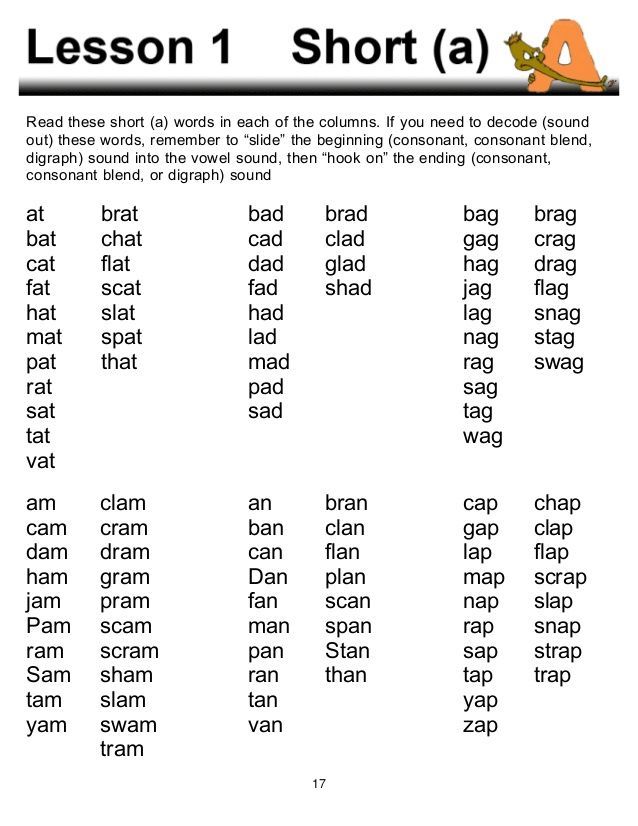
Words That Rhyme With Ake
- Ache
- Bake
- Cake
- Brake
- Break
- Fake
- Flake
- Lake
- Make
- Quake
- Rake
- Sake
- Take
- Sneak
- Steak
- Stake
- Wake
Words That Rhyme With Ale
- Bail
- Bale
- Kale
- Dale
- Fail
- Hail
- Male
- Nail
- Pail
- Pale
- Rail
- Sail
- Snail
- Sale
- Stale
- Tail
- Tale
- Trail
- Whale
- Detail
- Toenail
Words That Rhyme With Ain
- Brain
- Cane
- Chain
- Crane
- Drain
- Gain
- Grain
- Lane
- Mane
- Main
- Pane
- Pain
- Plain
- Plane
- Reign
- Rain
- Sprain
- Stain
- Strain
- Train
- Again
Words That Rhyme With Or
- Door
- Chore
- Core
- Four
- For
- Sore
- Floor
- Door
- More
- Oar
- Snore
- Soar
- Store
- Score
Words That Rhyme With School
- Cool
- Cruel
- Drool
- Fool
- Fuel
- Ghoul
- Jewel
- Mule
- Pool
- Spool
- Tool
- Who’ll
- You’ll
- Yule
Any Time Can Be Rhyme Time
Whether you are playing rhyme I-spy, singing nursery rhymes, or reading a book of children’s poems, the time you spend sharing rhymes with your child is helping them develop spoken language.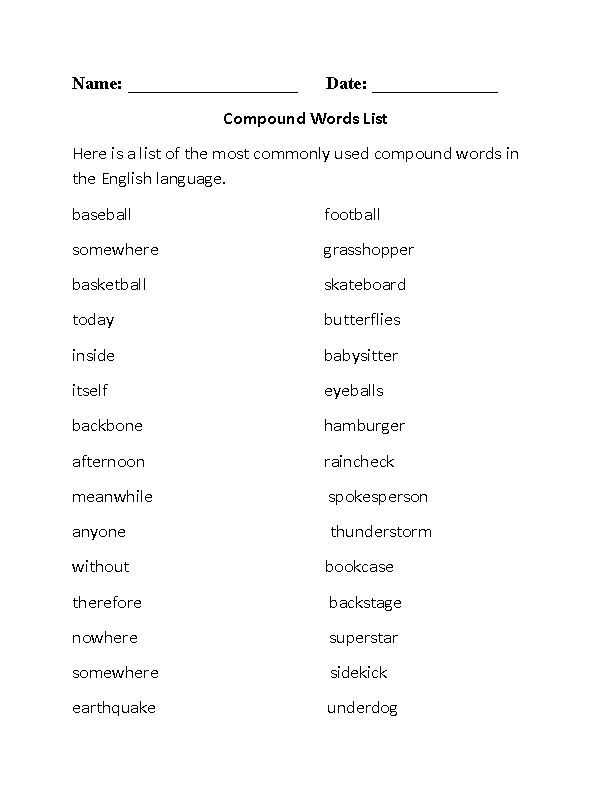
Build a little rhyme time into every day and give your child an advantage.
Introducing rhyming words is an excellent way to lay a solid foundation for literacy.
Feedback: Was This Article Helpful?
Thank You For Your Feedback!
Thank You For Your Feedback!
What Did You Like?
What Went Wrong?
List of Rhyming Words for Kids: Early Language Development
We all have memories of our childhood learning nursery rhymes and rhyming stories. Some people still remember the whole rhyming poem with the tone of it, this teaches us that rhyming words for kids are essential objects to develop early language abilities such as listening and speaking. Children with strong language abilities are shown to develop rigorous reading and writing skills.
Helping your child with recognition and identification of rhyming words helps them dually with verbal language polishing and the variety of vocabulary of the language. Introducing rhyming words to your younger ones also helps them with literacy in that language.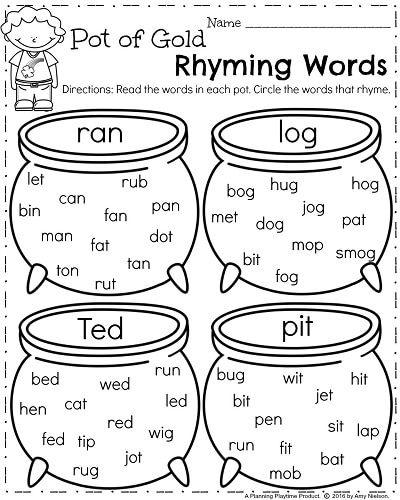 Children learn to rhyme in three stages, they are not distinct from each other as they overlap with each other.
Children learn to rhyme in three stages, they are not distinct from each other as they overlap with each other.
Learning courses for your kids! Get free trial here
Also read: Simple English Words for Daily Use for Kids: List Of Words for Kids to Use Daily
- Exposure – Introducing them with rhyming words can be as simple as singing a nursery song, hearing the particular pattern in the song can aid the learning of the song by the kid. Exposing them to a variety of rhyming songs while reading and singing them together.
- Recognition – After singing and hearing the song child should be able to recognize the pattern of the rhyme also called rhyme recognition.
- Production – After exposure and recognition of rhymes your child will be able to produce rhyme themselves. Asking questions to rhyme simple daily used words such as jug, door, the cup will make them curious to explore more.
Also read: Opposite Words in English for Kids: Ways to Help them Improve their Vocabulary
How to Teach –
Many methods and materials are available to start the learning with rhyme for kids.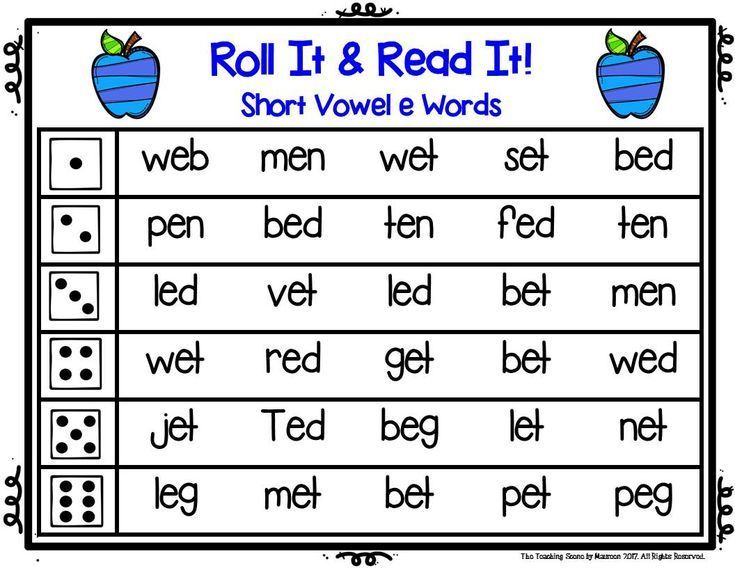 Using multiple ways to teach them the concept of rhyming and introducing them with new words works better and kids also enjoy it.
Using multiple ways to teach them the concept of rhyming and introducing them with new words works better and kids also enjoy it.
Following are the common ways that can be used as an introduction with rhyming words for your kid list.
- Reading rhyme books, poems, and songs.
- Puzzles containing rhyming words.
- Clipping cards
- Lap books
- Rhyming dictionaries
Also read: Jolly Phonics Tricky Words for Kids: How to Teach Them to Kids?
List of Rhyming Words for Kids –
The following list of rhyming words is useful for nursery level and first-grade kids, as your child makes gradual improvement you can switch into more complex rhymes.
A) Rhyming words with “at”
- Bat
- Cat
- Fat
- Hat
- Mat
- Pat
- Rat
- Sat
- Vat
- Slat
- Brat
- Flat
- Chat
- Splat
- That
B) Rhyming words with “an”
- Ban
- Can
- Fan
- Man
- Pan
- Ran
- Tan
- Van
- Flan
- Plan
- Span
- Scan
C) Rhyming Words with “ab”
- Cab
- Dab
- Drab
- Fab
- Flab
- Grab
- Jab
- Nab
- Lab
- Slab
- Tab
- Crab
D) Rhyming Words with “ad”
- Add
- Bad
- Clad
- Dad
- Fad
- Had
- Lad
- Mad
- Pad
- Rad
- Sad
E) Rhyming Words with “all”
- Ball
- Call
- Fall
- Hall
- Mall
- Shawl
- Tall
- Wall
- Thrall
- Gall
F) Rhyming Words with “ag”
- Bag
- Flag
- Drag
- Gag
- Hag
- Nag
- Rag
- Sag
- Tag
- Wag
G) Rhyming Words with “ip”
- Ship
- Chip
- Clip
- Dip
- Drip
- Flip
- Grip
- Hip
- Kip
- Lip
- Nip
- Pip
- Rip
- Sip
- Slip
- Skip
- Snip
- Tip
- Trip
- Zip
H) Rhyming Words with “ap”
- App
- Cap
- Clap
- Flap
- Gap
- Lap
- Map
- Nap
- Rap
- Scrap
- Slap
- Snap
- Strap
- Snap
- Tap
- Trap
I) Rhyming Words with “id”
- Bid
- Did
- Hid
- Kid
- Lid
- Mid
- Rid
- Sid
- Grid
- Slid
- Skid
- Squid
J) Rhyming Words with “op”
- Bop
- Cop
- Crop
- Clop
- Drop
- Flop
- Hop
- Mop
- Plop
- Prop
- Shop
- Stop
- Swap
- Top
K) Rhyming Words with “am”
- Clam
- Cram
- Dam
- Gram
- Ham
- Jam
- Lamb
- Ram
- Slam
- Spam
- Tram
L) Rhyming Words with “ig”
- Big
- Dig
- Fig
- Gig
- Pig
- Rig
- Twig
- Swig
- Wig
- Brig
M) Rhyming Words with “ar”
- Are
- Bar
- Car
- Far
- Jar
- Scar
- Star
- Tar
- Ajar
- Guitar
N) Rhyming Words with “aw”
- Awe
- Caw
- Claw
- Draw
- Flaw
- Paw
- Raw
- Saw
- Straw
- Thaw
O) Rhyming Words with “ay”
- Bay
- Clay
- Day
- Gray
- Hay
- Jay
- Lay
- May
- Pay
- Play
- Pray
- Say
- Stay
- Spray
- Sway
- They
- Way
- Trap
Learning courses for your kids! Get free trial here
P) Rhyming words with “ell”
- Bell
- Cell
- Dell
- Fell
- Gel
- Sell
- Shell
- Smell
- SpellPTell
- Well
- Yell
Q) Rhyming words with “en”
- Den
- Men
- Pen
- Ten
- Then
- When
- Wren
- Zen
- Ben
- Ken
R) Rhyming words with “et”
- Bet
- Get
- Jet
- Let
- Met
- Net
- Pet
- Set
- Wet
- Yet
S) Rhyming words with “ew”
- Blue
- Blew
- Brew
- Chew
- Clue
- Crew
- Cue
- Dew
- Drew
- Ewe
- Flew
- Glue
- Grew
- Knew
- New
- Phew
- Shoe
- Shoo
- Stew
- Through
- Threw
- True
- Two
- View
- You
- Who
- Zoo
T) Rhyming Words with “in”
- Bin
- Chin
- Din
- Fin
- Grin
- Inn
- Pin
- Shin
- Skin
- Spin
- Twin
- Thin
- Tin
- Win
U) Rhyming Words with “it”
- Bit
- Fit
- Hit
- Kit
- Knit
- Lit
- Mit
- Nit
- Pit
- Sit
- Quit
- Skit
- Slit
- Spit
V) Rhyming Words with “od”
- Cod
- Bod
- Odd
- Nod
- Plod
- Prod
- Rod
- Squad
- Trod
- Pod
W) Rhyming words with “og”
- Bog
- Blog
- Cog
- Clog
- Dog
- Fog
- Frog
- Hog
- Jog
- Log
X) Rhyming words with “op”
- Top
- Chop
- Cop
- Crop
- Drop
- Flop
- Hop
- Mop
- Pop
- Shop
- Stop
Y) Rhyming words with “ot”
- Blot
- Cot
- Clot
- Dot
- Got
- Hot
- Knot
- Not
- Plot
- Pot
- Rot
- Shot
- Spot
Z) Rhyming words with “ow”
- Bow
- Brow
- Cow
- How
- Now
- Pow
- Sow
- Row
- Vow
- Wow
Conclusion
The rhyming words occupy the majority of our childhood, teaching kids nursery rhymes makes them more receptive and fun to learn.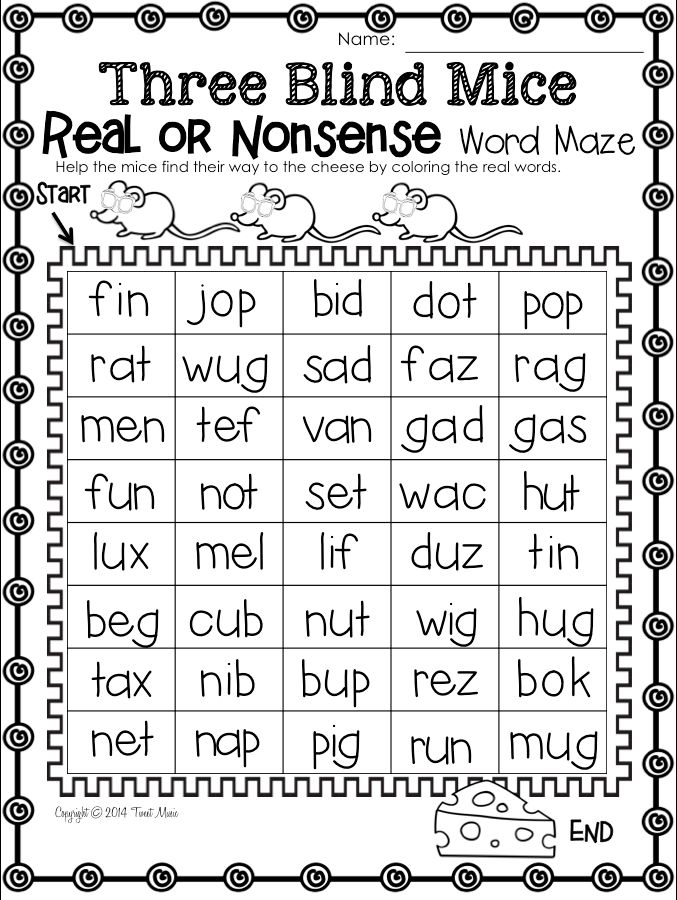 Learning rhymes is way more than just learning the words, it helps children with language development which is considered as one of the vital skills of communication, making them language smart. The successful implication of these rhyme words in front of the children can make them smart in spoken language.
Learning rhymes is way more than just learning the words, it helps children with language development which is considered as one of the vital skills of communication, making them language smart. The successful implication of these rhyme words in front of the children can make them smart in spoken language.
Building a rhyming skill little by little through nursery rhymes, reading rhyming stories, everyday object rhyming, and including other activities such as lap book, puzzles, word games. Teaching your kid rhyme words will solidify the foundation of their literacy, and give them an advantage of developed language skills. Hopefully, you found this article helpful. You can share your view with us by commenting in the below box.
Also read: Why do Kids Today have to Learn about Verbs, Adverbs, Pronouns etc? Why is Grammar Important?
Game rhymes
Sergeeva T.V.
Chain rhyme
GOALS
- Teach children to answer with a word consonant with the one named.
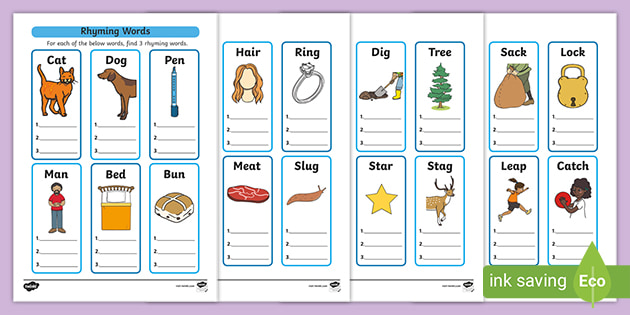
- Learn to feel the rhythm, rhyme.
Teacher
Guys, let's play soon.
We will choose different words!
Say any words, okay?
But only such that it turns out ...
(smoothly).
What words similar in sound can be found for the word bird?
Children. Titmouse, small, singer.
Teacher. Speaking of bunny?
Children. Know-it-all, dunno, runaway, jumper, runaway.
Teacher. Speaking of cat?
Children. Spoon, bowl, basket, accordion, midge, potato, window, leg, earring, matryoshka.
Teacher. Speaking of mouse?
Children. A bump, a puff, a puff.
Teacher. Speaking of cancer?
Children. Poppy, tank, varnish, like.
Variant
The teacher throws the ball and pronounces a word, the one who catches the ball answers with a word consonant with the name. nine0009 Stove - sheep, river.
Birdie - titmouse.
Magpie - white-sided.
Bunny - runaway.
Find a pair
GOALS
- To teach children to match words that are similar and different in sound-rhythmic structure.

- Develop visual memory.
Teacher. Connect the words of the two columns so that you get a rhyme.
Edge Grass
Firewood Scallop
Herringbone Hut
Cockerel Needle
White-sided Fox
Bunny Cornflower
Magpie Sister
Titmouse Flower
Cowardly Bird
Variant
Picture words can be suggested. Children find a picture that is similar in sound-rhythmic structure.
Game with pictures
OBJECTIVES
- Teach children to choose a rhyme for the word - the name of the picture.
- Develop language flair.
First you need to prepare cards with pictures from which you can make rhyming words, for example, a picture of a pipe, another picture of a sponge. All pictures are located on a large table or on a carpet on the floor. Children distribute them in rhymes. For example, near the picture of a river there is a picture of a stove, a donkey is a goat, a cat is a spoon, a watering can is a snake, etc.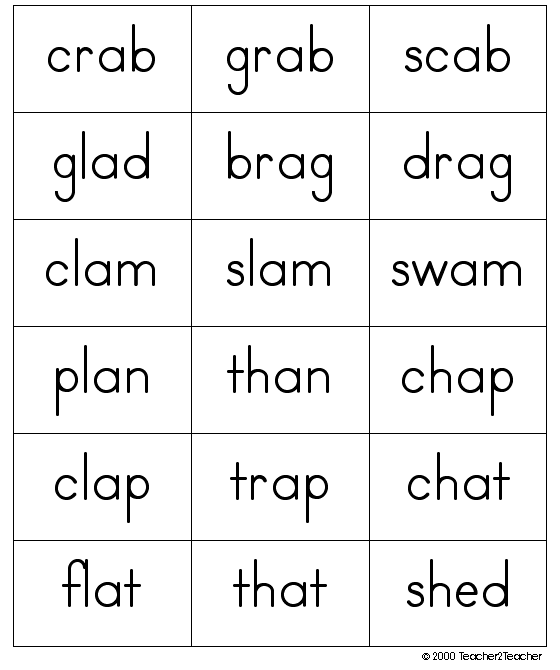 nine0009 Options
nine0009 Options
1. One child takes a picture, the other finds a picture with a rhyming word. Both say their words out loud. The group repeats.
2. Place pictures face down. Open one picture and say the corresponding word out loud. Whoever can name the rhyming word gets a picture and can open the next one.
3. One picture is opened. All children draw an object called a rhyming word. Here the solution is represented by a figure.
Say a word
OBJECTIVES
- Teach children to write their own rhyming lines.
Teacher. You already know how to pick up rhyming words. Today we will try to make suggestions.
Where were you, squirrel, walking?
Children
I collected nuts.
Teacher
The squirrel jumped fast,
Children
Lost all the nuts.
Teacher
Whom did you find, hedgehog?
Children
I brought a squirrel to you.
Teacher
Yesterday we played in the forest,
Children
We saw a huge mushroom.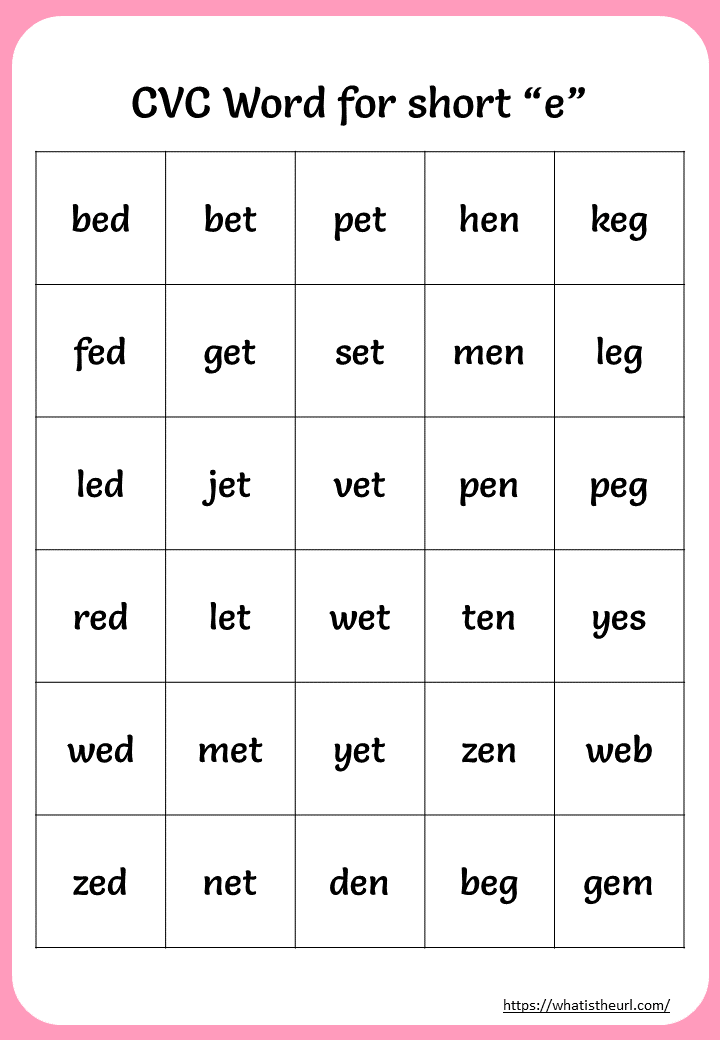 nine0009 Teacher
nine0009 Teacher
A fungus stood aside,
Children
The hedgehog couldn't find it.
Teacher
Like a little hedgehog
Children
Shoes have become torn.
Teacher
And our squirrel
Children
Clean plates.
We are poets
OBJECTIVES
- To teach children to compose quatrains that contain a whole story.
Teacher
The teacher says to Paraska:
“What fairy tales have you read?”
Paraska thinks, "Oh,
I haven't read any!" nine0009 And behind someone whispers:
"Turnip!"
Paraska yelled: "Cap!"
Today we will also come up with funny poems. What or who do you want to write about?
Children answer.
Let's talk about the cat, let's support Serezha. I will write down what you tell me, and then I will read out what we have done.
Children come up with unexpected situations with a cat by rhyming words.
Children. The cat sat on the window. The cat saw a midge.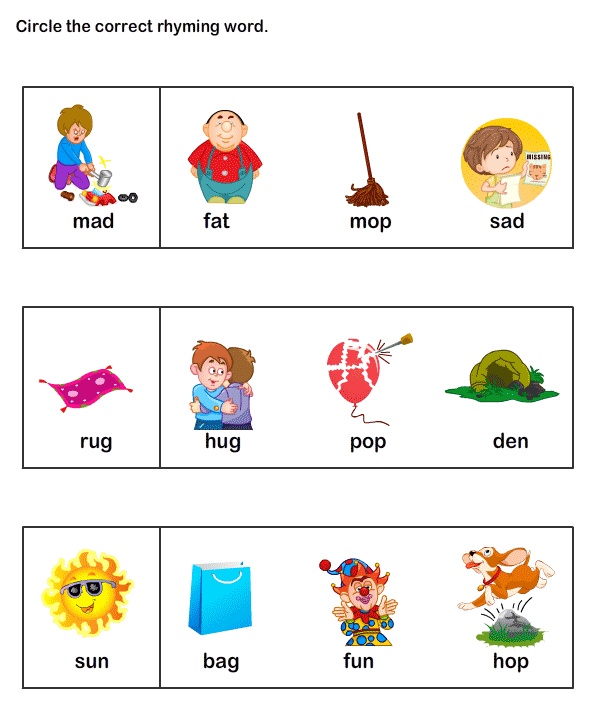 The cat took a basket and went for potatoes. The cat sat on the window and dangled its legs. The cat put all the spoons in a basket. nine0009 Council. The most important thing is not to leave the words of children without attention. And for each word come up with a rhyme.
The cat took a basket and went for potatoes. The cat sat on the window and dangled its legs. The cat put all the spoons in a basket. nine0009 Council. The most important thing is not to leave the words of children without attention. And for each word come up with a rhyme.
Stories to rhyme
OBJECTIVES
• Teach children to write simple rhymes.
• Learn to distinguish between the sound and semantic sides of speech.
Teacher. Do you already know what rhyme is in poetry?
For example, the rhyme for the word flower can be a leaf, and for the word porridge - curdled milk. Bear cub Misha wants to teach you how to do it. They drew funny pictures with Druzhok and came up with inscriptions in verse for them. And the last word in the second line of each rhyme was not completed. Find the right rhyme yourself. It's not difficult at all. nine0009 A friend is behind the fence and looks timidly,
How cleverly a friend is wielding ... (with chalk).
Druzhka is disturbed by one thought
Will they see .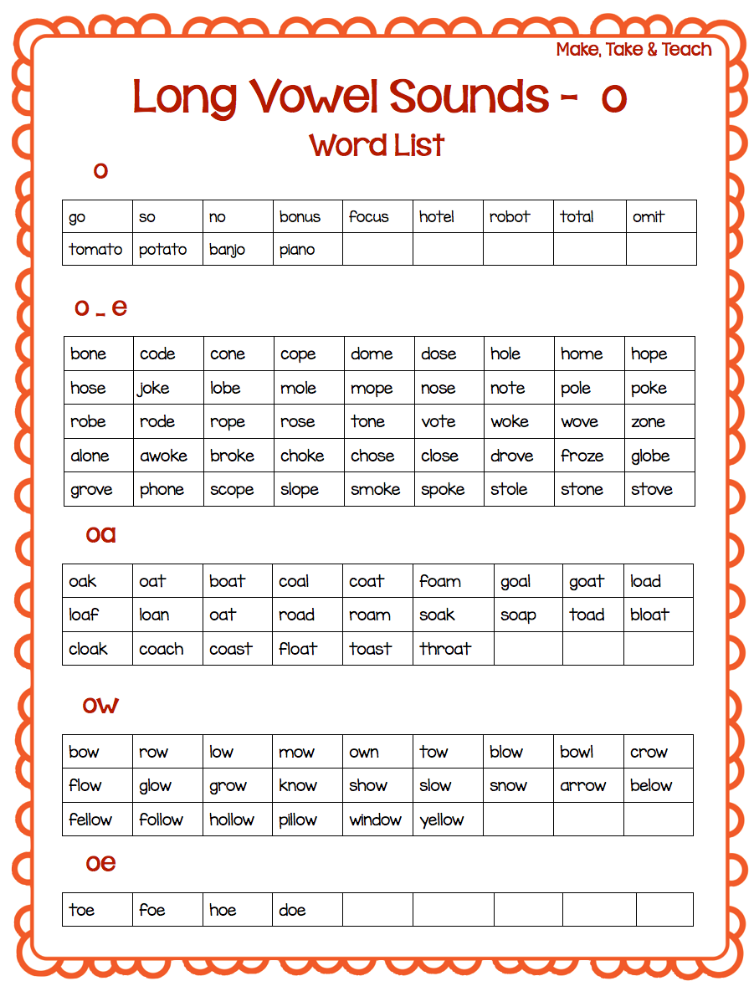 .. (elephant).
.. (elephant).
When Mishka gets tired of playing
Let him stand at the gate ...
(mouse).
All morning they searched and searched until
Found a new bowl...
(Druzhka).
Help Dunno compose poetry
OBJECTIVES
• To teach children to distinguish between sound and semantic aspects of speech.
The teacher brings N. Nosov's book "Adventure Dunno".
Teacher. Guys, did you recognize this book? Today I will tell you how Dunno wrote poetry. nine0009 ... After Dunno did not turn into an artist, he decided to become a poet and compose poetry ... Dunno came to the poet Tsvetik and said:
- Listen, Tsvetik, teach me to compose poetry. I also want to be a poet.
- Do you know what a rhyme is?
- Rhyme? No, I do not know.
- Rhyme is when two words end in the same way, - explained Tsvetik. - For example: a duck is a joke, a shortbread is a walrus. Understood?
- Understood.
- Well, say a rhyme for the word "stick".
- Herring, - Dunno answered.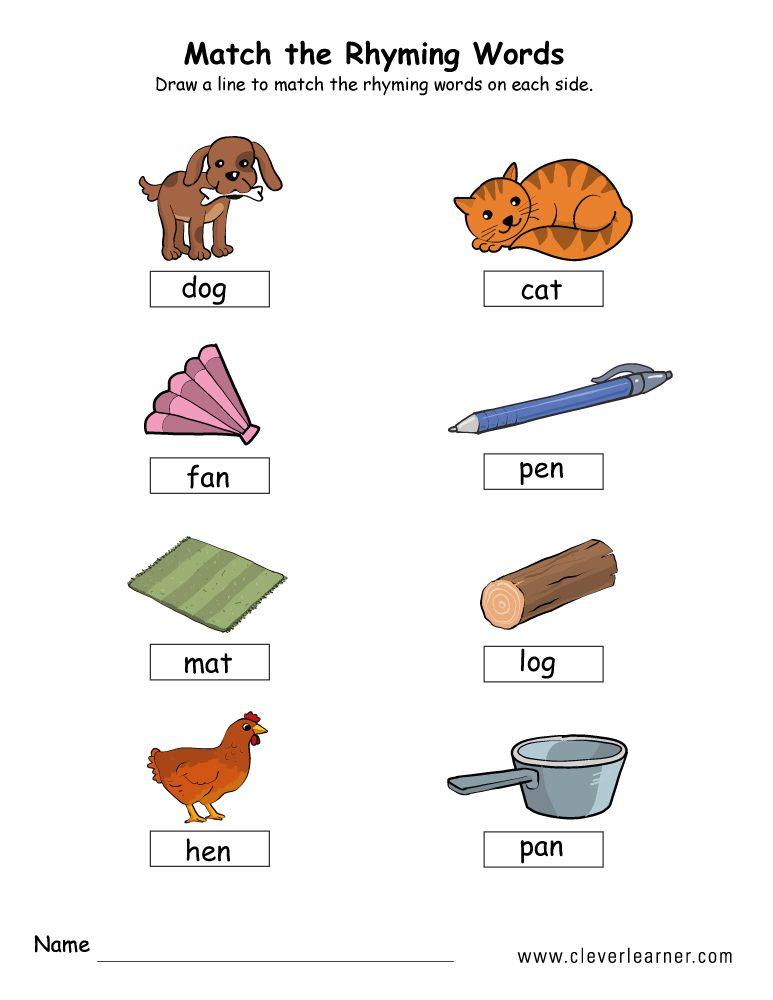 nine0009 Guys, help Dunno.
nine0009 Guys, help Dunno.
Game in progress.
All day long Dunno wrote poetry and finally came up with:
Znayka went for a walk to the river,
Jumped over a sheep.
Hurry was hungry -
Swallowed a cold iron.
Under Avoska's pillow
There is a sweet cheesecake.
Find rhymes
OBJECTIVES
- Teach children to identify rhyming words from a text by comparing them.
Teacher. Today I will read B. Shergin's story "Rhymes" to you, and your task is to hear rhyming words. Do you agree? nine0009 Shish went to the city on his business. It was summer, it was hot.
An uncle rides a horse ahead. Shish and asked him to give a lift. He sat down next to his uncle. But Shish cannot sit silently. He is only silent when he sleeps. He says:
- Uncle, let's play rhymes.
- What is it - rhymes?
- And let's say it so that it was smooth.
- Come on.
- Here, uncle, what was your father's name?
- My dad's name was Kuzma.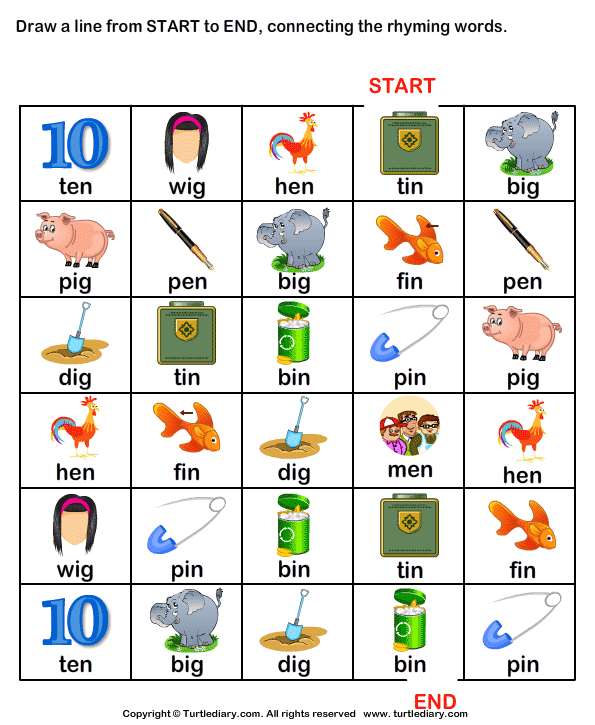
Shish says:
I'll take your Kuzma
by the beard! nine0009 - Why are you going to take my dad by the beard?
Shish says:
- This, uncle, is for rhyme. Tell me what your grandfather's name was.
- My grandfather's name was Ivan.
Shish says:
Your grandfather Ivan
Put the cat in his pocket.
The cat is crying and sobbing,
Your grandfather is scolding.
The uncle got excited:
- Why would my grandfather put a cat in his pocket? Why are you picking up such rubbish?
- This is an uncle, for rhyme.
- I'll tell you a rhyme, what's your name? nine0009 - My name is… Fedya.
Uncle says:
If you are Fedya,
Then catch a bear in the forest.
Ride a bear,
Get off my horse!
- Uncle, I was joking. My name is not Fedya, but Stepan.
Uncle says:
If you are Stepan,
Get on the eroplane,
On the eroplane and fly,
Get off my horse!
- Uncle, I was joking. My name is not Stepan, but… Silantiy.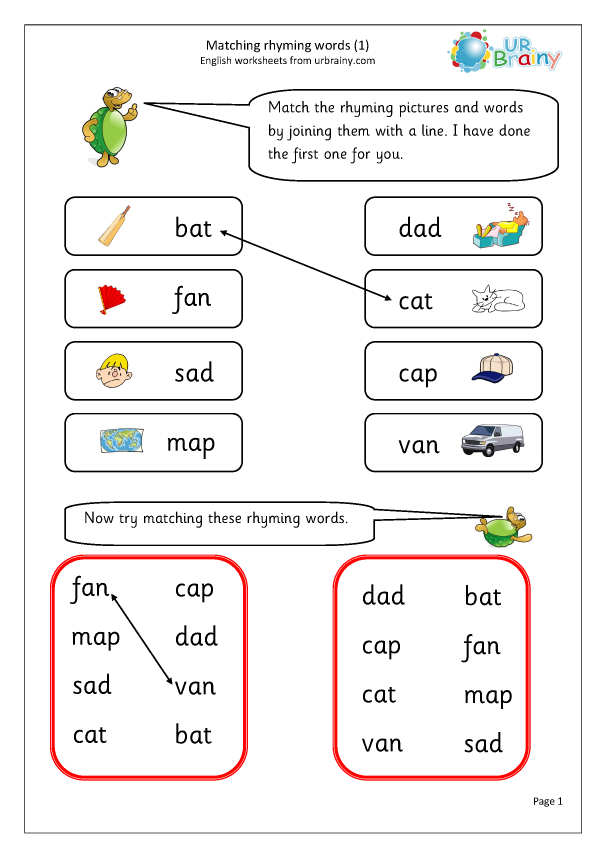
Uncle says:
If you're Silantius,
Then get off my horse.
- What are you, uncle, there is no such word - “tears”. nine0009 - Although not, get off anyway!
Shisha had to get off the cart. It serves him right. If a kind person carries you on a horse, you sit silently, and do not invent all sorts of trifles.
Children find rhyming words in the text and name them.
45 words with “reminders” that will be useful for schoolchildren and adults - Teacher's newspaper
No matter how you learn stress, you can still get confused at the most inopportune moment. We tried to speak correctly, but many around speak differently, and we begin to echo them. "Gramotator" has repeatedly addressed the topic of stress. But questions from our readers keep coming. And today we decided to offer a mini-dictionary of the most problematic nouns with rhymes for memorization. They will be useful both in life and on the exam. And as a daily cheat sheet, you can use our cards. nine0227
nine0227
Noun stresses
The letter A
Asymmetry
The stress in this word falls on the last syllable. The “asymmetry” familiar to many is wrong. Although some dictionaries provide such an option as the only or alternative, they are in the minority. And it is asymmetry that corresponds to a strict norm. Our rhyme will help you remember this.
Allergy occurs,
When there is asymmetry all around
Airport
The stress in all forms, except for the prepositional case, falls on -port-. In the prepositional case, the stress falls on the ending when we talk about the place (where) - at the airport, and on - the port when we talk about the airport. Let's learn " memo " and never make a mistake.
Airport
Settled in comfort -
Satisfied with the airport.
At the airport (where, about the place)
How the liner is gaining altitude,
You will only see it at the airport.
On the airpoor (about which)
Read news about sports,
And read - about aero -player
Aero -players (multiple)
We love the resorts,
We hasten to aero -reproaches.
Letter B
Bows
This is one of the few two-syllable nouns in which the stress in all forms and plural falls on the last syllable. Here, too, it is enough to remember the word "bow" and simply substitute endings for it, without changing anything. Well rhyme will help.
piping on the shirt,
bows on the head
Boutique
The word came from the French language, which means that the stress falls on the last syllable. The main thing to remember is that the stress will stand when changing the word in cases and in the plural. And rhymes will help to fix.
Light and shine -
Just chic
This brand new boutique
Boutique
A “Memill ” will help not to forget:
accountants (multi -d.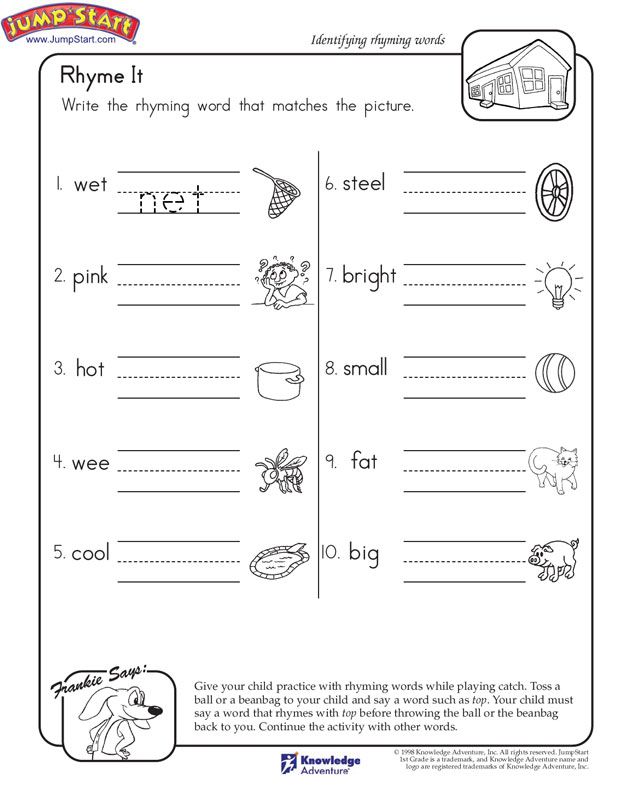 ), Accounters
), Accounters
Good Harakters
have all accountants,
A
, there are no accountants.
Letter B
Widowhood
The stress in this word always falls only on the last syllable. It does not change with the declension of the noun.
Here you can not do without « memory sticks »:
Magic for Christmas
Widowhood instantly crumbled.
Religion
Despite the fact that many stubbornly say religion, the correct option is only religion. And nothing else. Let's remember the word "know", it will help to correctly place the stress. And you can also come up with rhyme , so as not to make a mistake.
I know - I don't know,
What I confess.
I don't know at all
Religion.
Ages
In the plural, as in "accountants", the stress in the word "age" remains unchanged, on the first syllable - ages.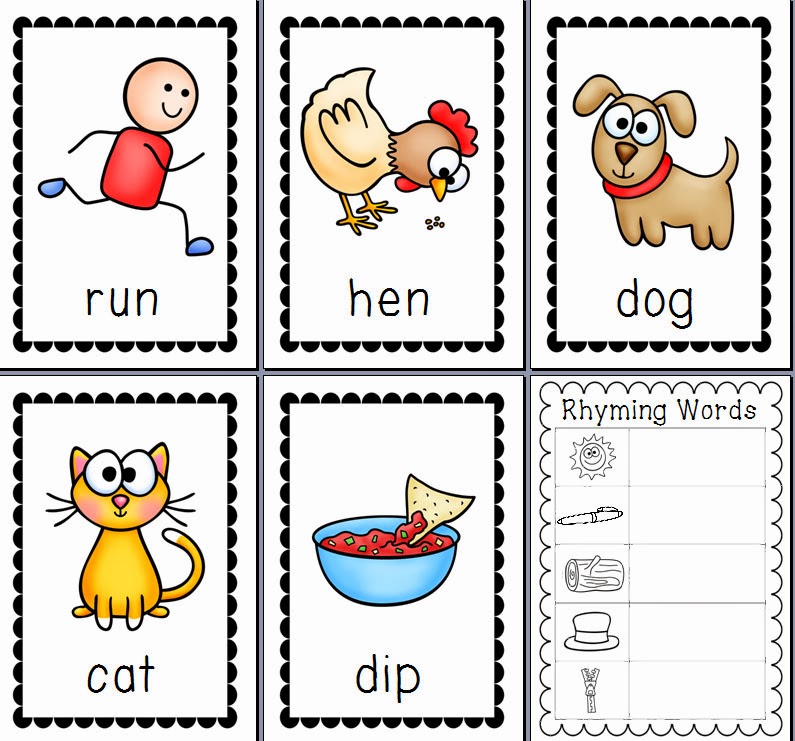 Saying and writing "age" is incorrect. And the classic will help to remember this:
Saying and writing "age" is incorrect. And the classic will help to remember this:
All ages are submissive to love.
Download this flashcard to help you memorize difficult accents faster. And we go further - before us are the words with the letter "g".
Letter G
Rake
When the word “rake” is changed, the stress will not move anywhere - it will remain on the first syllable, whether we rejoice at the rake, work at the rake or think about the rake.
Rhyme will help you remember easily:
Hands are already cold -
How can we hold the rake?
Rake
Forehead covered with drops
From working with a rake.
Rake or rake
There is no rake in the barn,
I had to work with a saber.
Corrugated
Amazing word! Most pronounce it incorrectly, and the emphasis here falls not on the second, but on the third syllable - corrugated.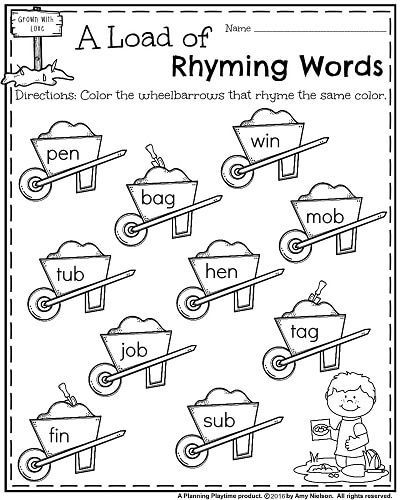 By analogy with "pleated". So let's remember, and rhyme will help in this.
By analogy with "pleated". So let's remember, and rhyme will help in this.
Pleated skirt,
A pleated bow.
Corrugated can be not only a bow, but also hair tongs, and a hose, and metal. However, the emphasis will not change. nine0007
Letter D
Door
When the word “door” is changed, the accent almost always remains on the root. And only in one case - if we are talking about the door as a place - the emphasis will go to the ending.
To the door
At the door
But (hanging) on the door.
And it’s better to remember and not get confused, it will help rhyme about wild animals:
Wild animals came to the door -
They knew that crackers
The owner left them at the door.
Dispensary
The word is of French origin, and therefore the stress falls on the last syllable.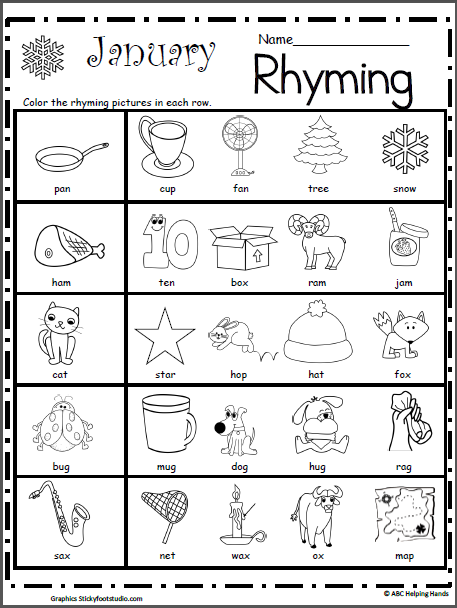 The word "dispensary" does not correspond to the norm. Only the dispensary is correct. The stress will not change when the word is declined. And “ memorizer ”
The word "dispensary" does not correspond to the norm. Only the dispensary is correct. The stress will not change when the word is declined. And “ memorizer ”
Engineer says
The word is correct – dispensary.
Agreement and agreements
Frequently used “agreements and agreements” are strictly prohibited! Only contract and contracts. nine0007
Let's remember the rhyme and we won't make mistakes:
Have a conversation with a lawyer,
To conclude an agreement.
But talking won't help
Making contracts.
Letter I
Iconography
Surprisingly, the stress in this word falls on the first syllable. And, although from the word “icon” one really wants to say “icon painting”, this should not be done. Rhyme :
Turned out today
What is right - iconography.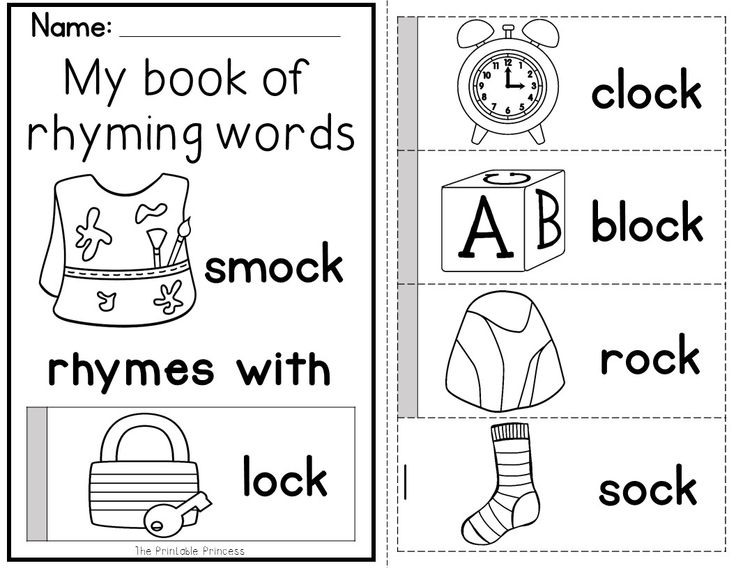
Game
The word, although old, is used in modern speech, including in a figurative sense. As in the previous word, the stress here falls only on the first syllable. No games allowed! And “ memorizer ”:
Came in a monster costume
At the school for a game.
Letter K
Catalog
Words ending in -log have different stresses. In the word catalog, as in the words dialogue, monologue, prologue, epilogue, the stress falls on the last syllable. There is no word catalog. nine0226 Rhyme will help you not to get confused.
We started a dialogue,
We are discussing the catalogue.
Containers
And somewhere, there are probably containers, because that's what they say very often. However, the stress here is stable and in all forms of the word falls on the second syllable - containers.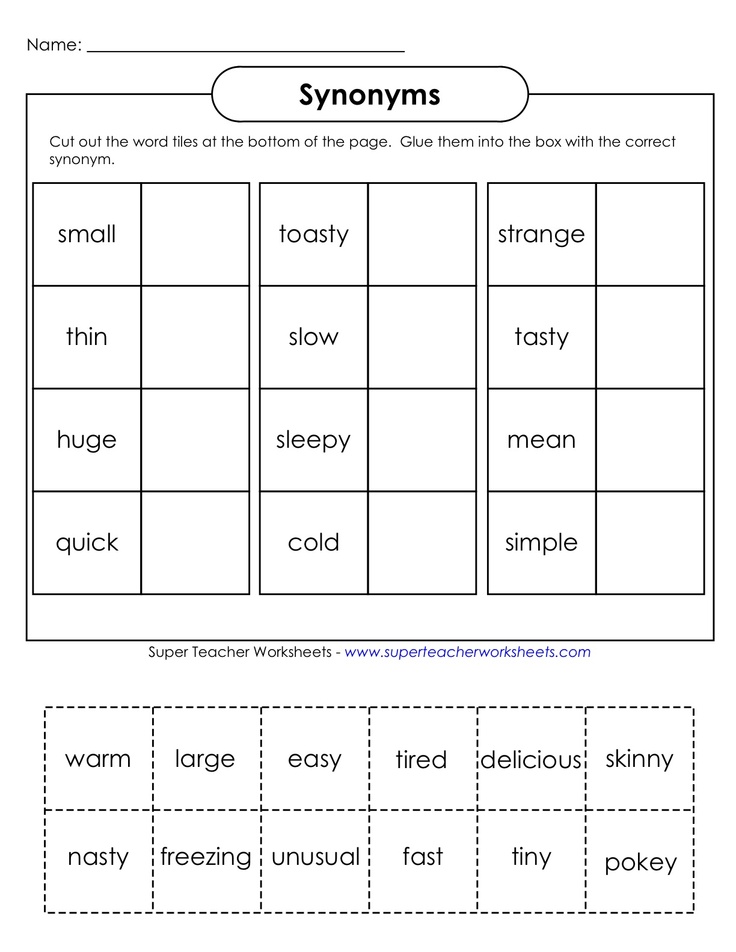 It never carries over to the end.
It never carries over to the end.
Let's remember "accountants" and "ages" and just remember.
And again, our cheat sheet, which you can download and use to memorize difficult accents. nine0007
The letter M
In a glimpse
Another difficult word, who says “briefly”, and who says “briefly”. Unfortunately for many, the second option is wrong. The stress in the word "glimpse" falls on the first syllable. There are no exceptions. You can come up with your own associations to remember, or you can learn our rhyme :
They write very small,
We caught a glimpse
Garbage chute
If we don't want to push garbage into the wires, then we shouldn't say garbage chute. Garbage can only be thrown into the garbage chute. The stress in this word falls on the last syllable. As in other "wires" - a gas pipeline, a pipeline, an oil pipeline.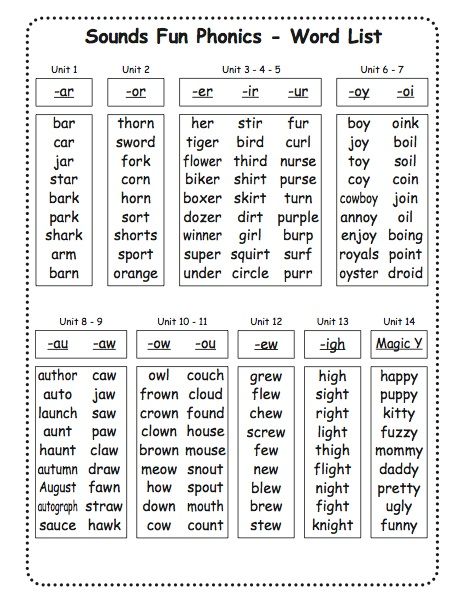 And it will help to remember rhyme :
And it will help to remember rhyme :
The whole rather big passage
The garbage chute occupied.
Letter H
Nakid
It would seem that this word should not cause difficulties. But it turned out that there is some professional slang - many knitters say nakid, throwing a loop on a knitting needle. However, there are no exceptions here. Only nakid is correct - in knitting and in other cases. "Memory" will help; nine0007
We are not very surprised:
In knitting, they make a crochet.
Intention
The origin of the word "intention" is unknown, but it creeps into our speech quite often. However, there is only intention. The stress in this word falls on the second syllable. The rhyme will help to remember, and to someone to get rid of incorrect pronunciation:
It is better to be more moderate
Talk about intentions.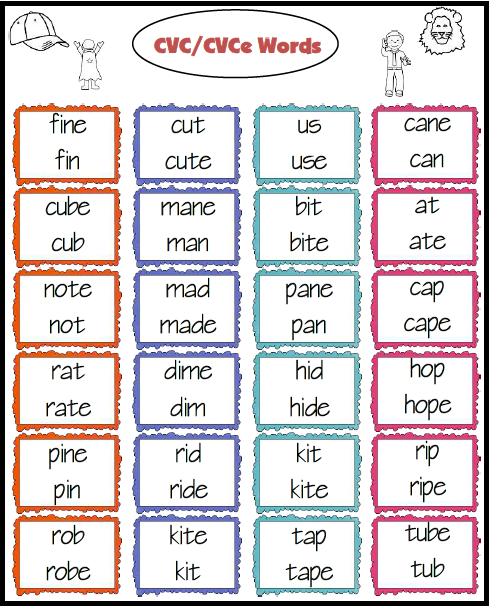
Letter O
Provision
The stress in this word always falls on the third syllable - provision. And it doesn’t matter if we are talking about material support for someone, ensuring an obligation with something or ensuring someone’s safety. The stress will stand in any case. There is no word “providing”, which many dictionaries explicitly warn about.
A rhyme will help you remember this difficult word:
is marked in the dictionary
The word provision
Okno-okon
Do you remember the words of the song of the Lyube group: “... from the wide open windows ..”? Many will be surprised, but this is not the norm. In the genitive plural, the stress falls on the first syllable - windows. Not windows. Remember?
What is this cocoon
Do we see from the windows?
Letter П
Appeal
The stress in this word always falls on the second syllable. It doesn't matter if it's a call to action or a call to the army. Often, when it comes to conscription for military service, you can hear the call. However, in the army, as well as for action, they are called. And there is no reason to change the stress in a word depending on the meaning. In all cases, the emphasis is the same - the call. A from rhyme easier!
It doesn't matter if it's a call to action or a call to the army. Often, when it comes to conscription for military service, you can hear the call. However, in the army, as well as for action, they are called. And there is no reason to change the stress in a word depending on the meaning. In all cases, the emphasis is the same - the call. A from rhyme easier!
The window is open,
We hear the call.
Pullover
Not a half-over, not a pullover, but only a pullover. Dictionaries do not provide other options. In order not to accidentally put on a half-breeze, remember rhyme :
Beautiful motor scooter.
And a pullover in his color.
The letter P
Shell
Perhaps, checking the word "shell", some put the emphasis on the first syllable - shell. And what? A large shell, and a small shell. However, the word "shell" is not a test word for a shell.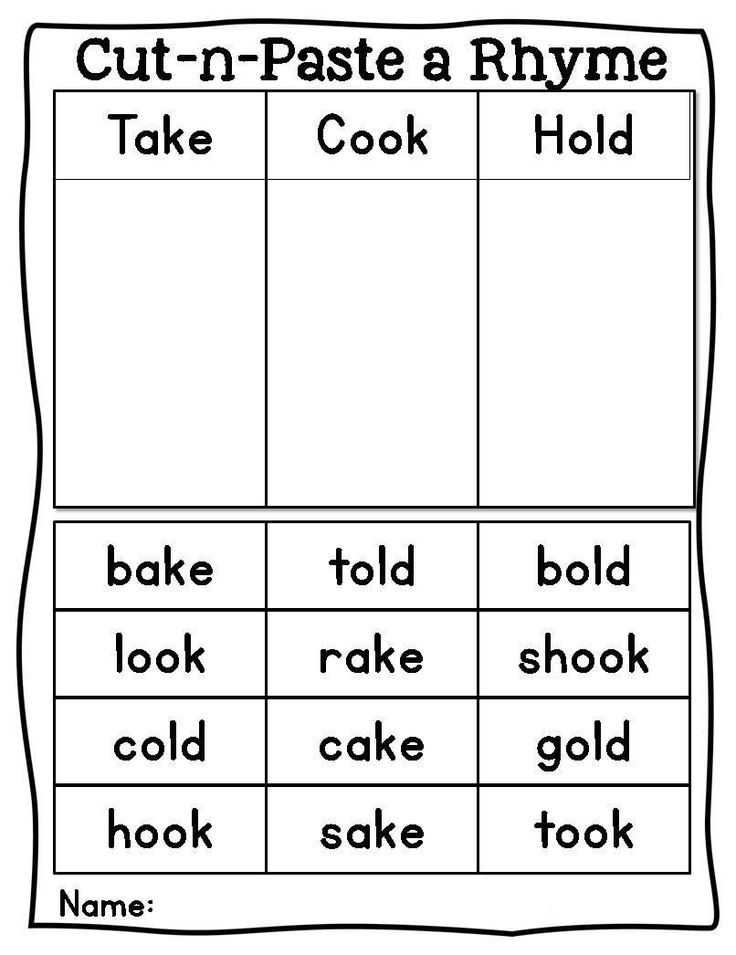 And the stress in this word is placed on the second syllable - shell. And small, and large, and river, and sea. And to be remembered better, rhyme :
And the stress in this word is placed on the second syllable - shell. And small, and large, and river, and sea. And to be remembered better, rhyme :
Beautiful toy
From a seashell.
Regent
The word has several meanings. This is both the temporary ruler and the conductor of the church choir. But the stress is one - on the first syllable. In M.A. Bulgakov’s novel The Master and Margarita, the “regent” is quite common: this is how Koroviev called himself at the beginning of the work. “Now the regent put on his nose an obviously unnecessary pince-nez, in which one glass was missing at all, and the other was cracked.” If anyone doubted how to pronounce Koroviev's position, now he will be sure that he is regent. Well, in addition to the classics, our " memo ":
Likes to listen to reggae
Hora former regent
And this is the third card from the dictionary. Download it and we will not make mistakes in pronunciation.
Letter C
Symmetry
Remember the asymmetry? One might think that in the word "symmetry" the stress falls on the last syllable. The words are similar! But no, that would be too simple, so in the word "symmetry" the stress falls on the second syllable - symmetry. Here, as in the case of asymmetry, there are sometimes two options in dictionaries - symmetry and symmetry. But only the first one corresponds to a strict norm - symmetry. Remember with rhymes
Loves geometry,
So that there is symmetry.
Concentration
Concentration can often be heard. But let's imagine how something gathers at one point, and easily remember what is right - concentration. And if the period does not help, then our rhyme will definitely do it:
The shutters are boarded up,
There is silence here
The insurer
For some unknown reason, this word is pronounced insurer.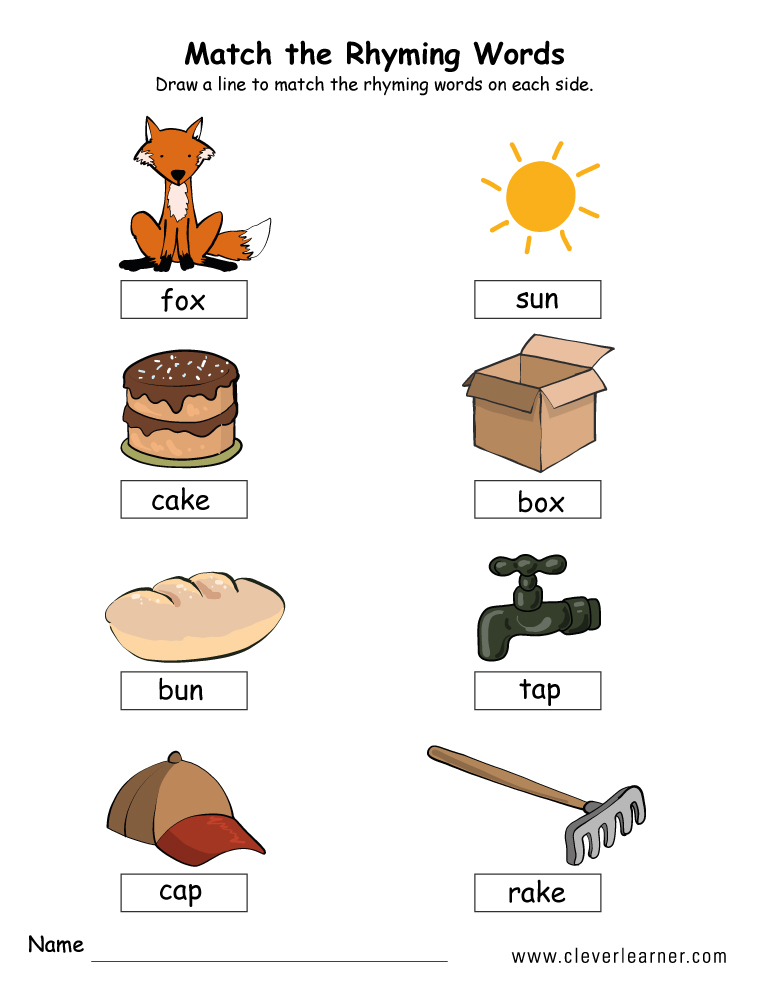 Perhaps, by analogy with some professions in the -man: crane operator, shoemaker. However, none of the modern dictionaries records the word "insurer". There is only "insurer". The emphasis on "o" remains in the derivative words "insurer", "reinsurer".
Perhaps, by analogy with some professions in the -man: crane operator, shoemaker. However, none of the modern dictionaries records the word "insurer". There is only "insurer". The emphasis on "o" remains in the derivative words "insurer", "reinsurer".
And it’s easy to remember: remember the word insurance, the insurer also has an emphasis on the letter “o”. And you can also come up with rhyme :
Lviv trainers
Always go to the insurer.
Carpenter
The correct stress in this word is on the last syllable. The profession of carpenter does not exist, no matter how often one hears this word. It's like saying not a painter, but a painter. However, they don’t say that, but for some reason the carpenter took root. And in vain, it does not correspond to the norm. The painter will help to remember :
A painter works for us,
But we really need a carpenter.
By the way, the correct plural is “carpenters”, not carpenters and not carpenters.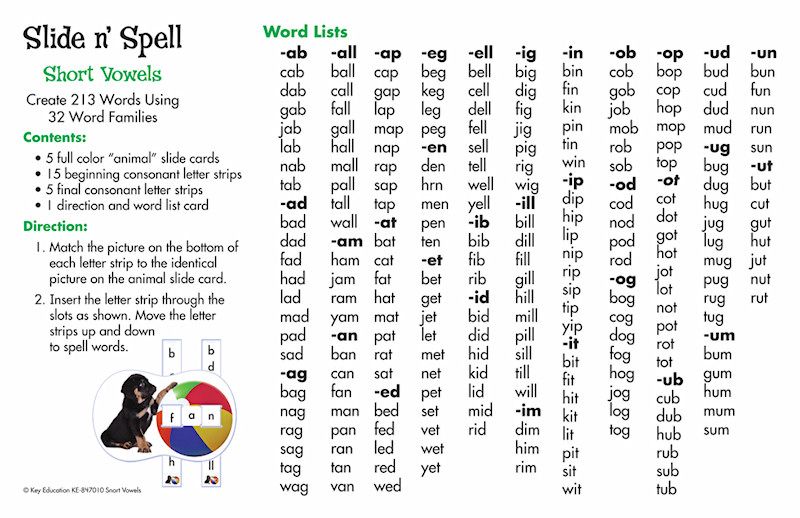 As, however, and painters.
As, however, and painters.
Letter T
Cakes
Do you remember the word “bows”? "Cakes" from the same company. There are not many two-syllable words that have the stress on the first syllable. Cakes is one of them. The stress will remain unchanged when the word is declined. There are no cakes, not cakes, delicious cakes are welcome, but not cakes. When changing the word in the singular in cases, the stress will stand - there is no cake, I'm glad for the cake, I dream of a cake. A rhyme will help you remember:
We are going to resorts,
We can’t eat cakes,
We want to flaunt in shorts,
But they don’t get slim “on cakes”.
Transfer
Despite the common pronunciation “transfer”, it is correct to stress only the last syllable – transfer. And a "reminder":
Famous collector
Booked a transfer to the hotel.
Shoe
Contrary to popular belief, the stress here falls on the first syllable.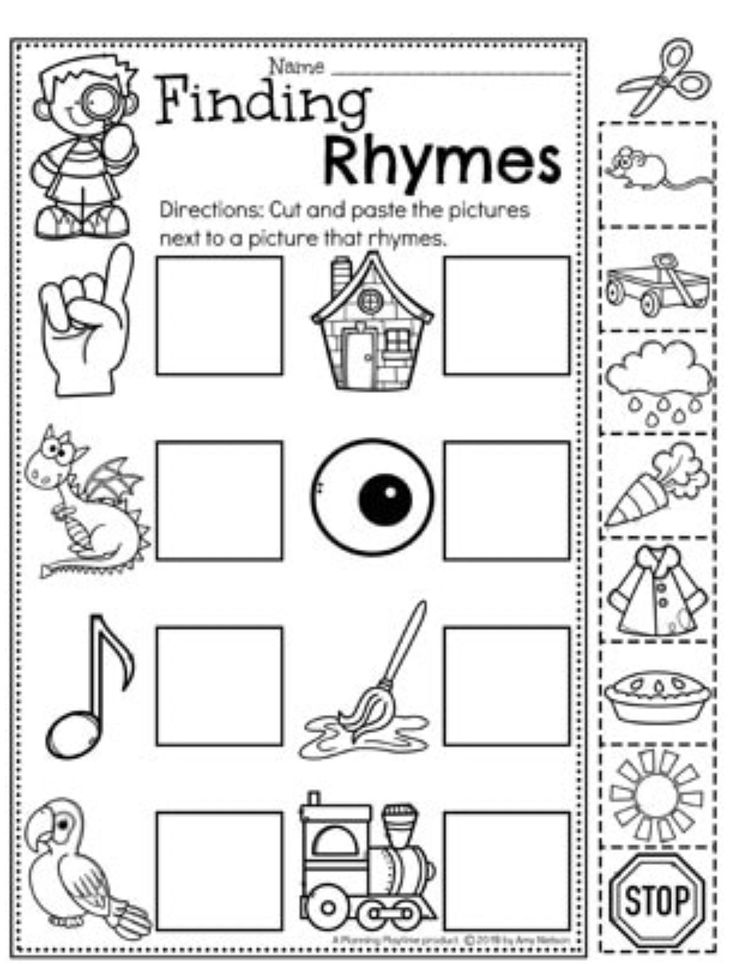 You can’t say “shoe” or “shoe”, only “shoe. And don't forget that the noun shoe is feminine.
You can’t say “shoe” or “shoe”, only “shoe. And don't forget that the noun shoe is feminine.
Letter X
Petition
One of the annoying and frequently used options is petition. Let's spare the ears of those around us and never say that! Only intercession and intercession. And with rhyme is easier to remember. nine0007
Just a treat for the ear.
When they say "intercession".
Letter Ш
Scarf
And one more of the few two-syllable words in which the stress falls on the first syllable. We already know about bows and cakes, and now scarves have joined them. It's only right, not scarves. The stress will be preserved when the word is changed both in the singular and in the plural - scarves, scarf, scarf, scarves. Rhyme will help you remember.
We play harps
Scarves are uncomfortable.
Let's sit down to the harps,
Let's take off our scarves
Double (variable) accents in nouns
Good news. No, in all words it is not yet possible to put stress on different syllables at will. But there are a lot of words with variable stress. Let's present some of them.
No, in all words it is not yet possible to put stress on different syllables at will. But there are a lot of words with variable stress. Let's present some of them.
Apartments
It sounds amazing, but not so long ago only the pronunciation apartments was considered correct. And some dictionaries still fix this option as the only one. True, in some modern dictionaries you can see "apartment" as a colloquial option. But the majority still consider apartments and apartments to be equal. Both options are normal. nine0007
Bungalow
Until recently, only the bungalow was considered correct. Now, the stress depends on the choice of the speaker - both bungalow and bungalow correspond to the norm.
Croutons
As in the previous cases, only pronunciation - croutons was allowed before. And in the singular - toast had a masculine gender. Over time, croutons also appeared, and in the singular feminine toast.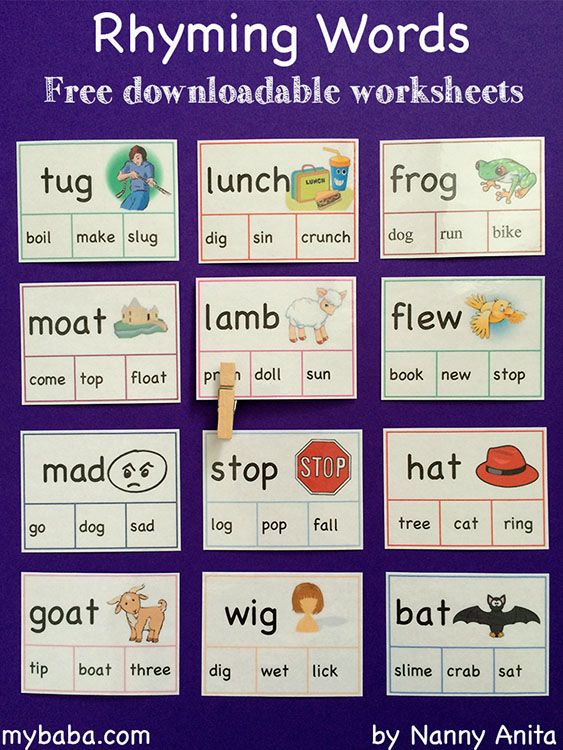
Both words are normative, and the choice is yours. nine0007
College
You will be surprised, but many dictionaries record both college and college as equals. True, more conservative dictionaries adhere to the college option. We would also recommend not to stress the second syllable. But in this case there will be no error either.
Cooking
I stopped being only cookery a long time ago, having got myself a sister - cookery. Both cooking and cooking are recorded in dictionaries. nine0007
Pizzeria
Here you can taste delicious pizza. And it can be pronounced differently. If strict dictionaries believe that only the pizzeria option is correct, then most dictionaries argue with them, fixing two options - pizzeria and pizzeria.
Meatballs
Don't be surprised. The correct options are meatballs and meatballs. But, if you are faced with a choice or preparing an official speech, then meatballs, of course, are preferable.